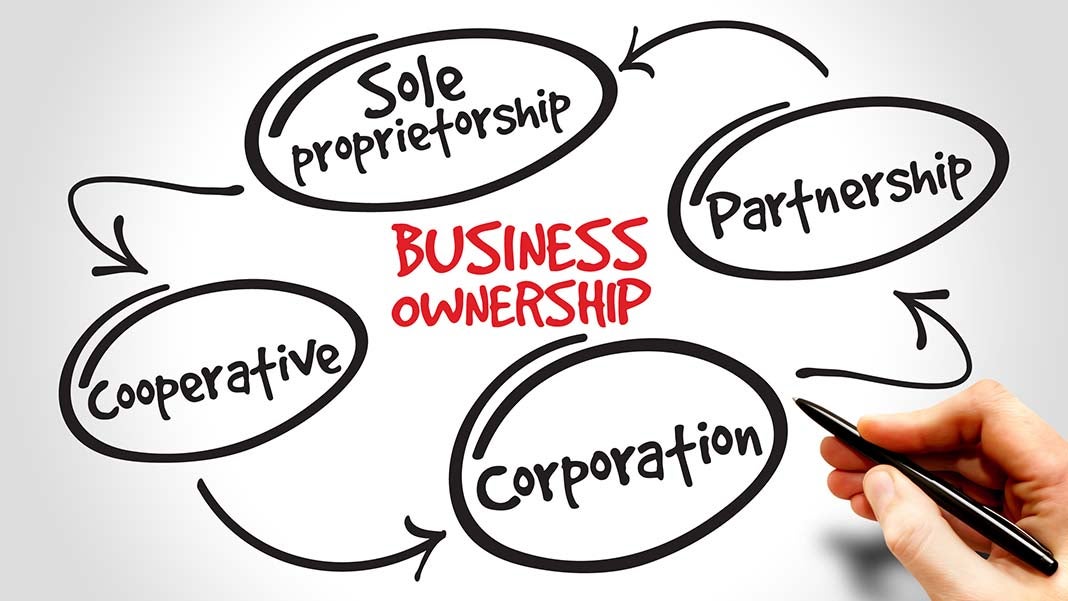
For this post, Brandon Rains, founder of the Rains Laws Firm and an expert on business formation, espouses his observations about business structure changes and I address the income tax reporting requirements of those changes therein.
Generally speaking there are five choices when it comes to business structure and income reporting requirements:
- Sole Proprietorship (IRS Form 1040 on Schedule C);
- Limited Liability Company (IRS Form 1040 on Schedule C);
- C corporation (IRS Form 1120);
- S corporation (IRS Form 1120-S); and,
- Partnership (IRS Form 1065).
Choosing the right structure for your business is one of the first major decisions requiring attention. Each option has advantages and disadvantages based on your specific facts and circumstances.
“If, for example, you want to avoid being taxed twice on business income, a C Corporation may not be the best choice. However, it is the best choice if you aspire to ‘go public one day’ or attract institutional investors,” according to Mr. Rains.
Business structure selection should indeed receive some forethought. However if facts and circumstances change you can elect a different structure. Turns out business owners change structure seemingly all the time for wide ranging reasons from the innocuous to the certifiable (as in insanely moronic). The authority for this is spelled out in Treasury Regulation Sections 301.7701-1, -2 and -3.
According to Brandon the most common form of business structure conversions in his practice are as follows:
- Multi member LLC (Partnership) -> corporation: IRS Revenue Ruling 2004-59.
- S corporation -> C corporation and vice versa: IRC Section 1361 and 1362.
- Multi-member partnership -> single-member LLC: IRS Revenue Ruling 99-6.
- Single-member LLC -> multi-member partnership: IRS Revenue Ruling 99-5.
- C corporation -> LLC: IRC Sections 331 and 336.
As you can see I dug out the corresponding IRS Revenue Rules or IRC Statutes for each and over the course of the next several posts we expect to be expanding upon the nuanced tax implications of these top five entity conversions. Stay tuned!
Author: John Dundon is enrolled with the United States Treasury Department to practice before the IRS, governed by rules stipulated in United States Treasury Circular 230. As a Federally Authorized Tax Practitioner and a tax appeals specialist my Enrolled Agent License #85353 is issued by the United States Treasury. With this license he works for U.S. taxpayers everywhere to resolve tax matters and de-escalate stress about taxes or tax disputes for individuals and corporations with federal and state issues.












